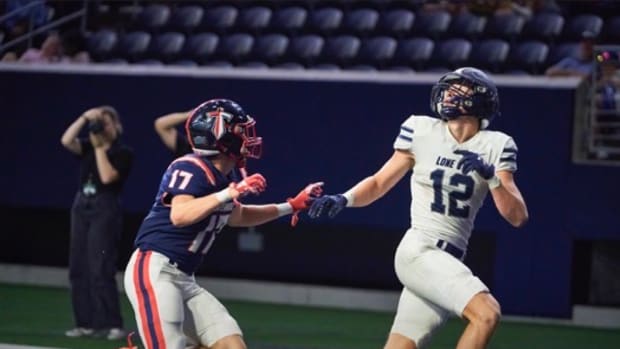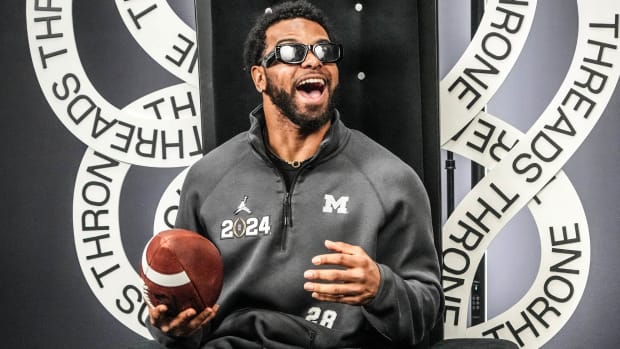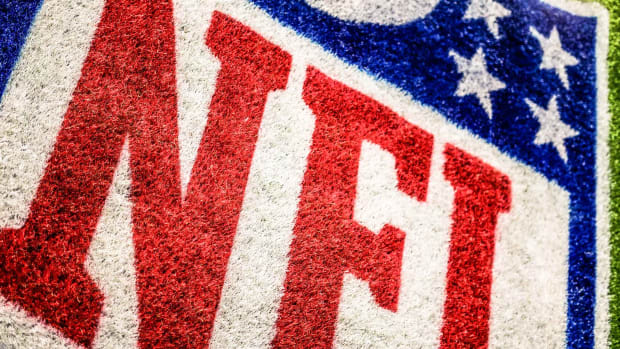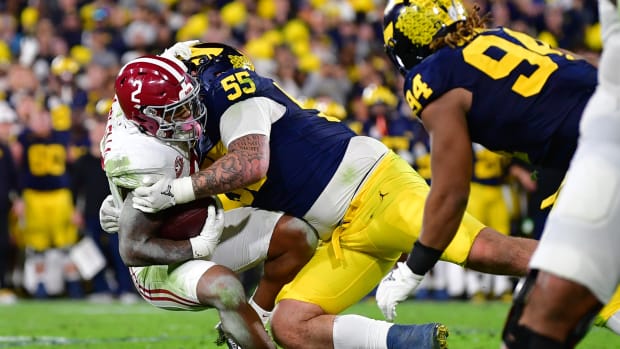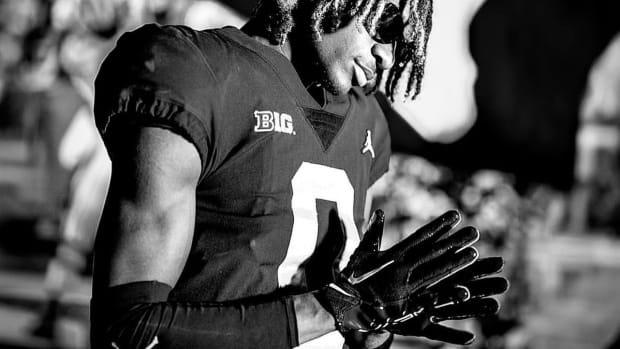REPORT: Task Force Coming For Boosters, 'Pay-For-Play'
If you've been keeping up with the world of college athletics and NIL, this latest development shouldn't come as much of a surprise. As wealthy boosters flock in to help shape the landscape of recruiting, it appears as though University administrators are now ready to push back in a significant way.
In a recent article published by Ross Dellenger of Sports Illustrated, a new NIL task force is expected to take a hard stance against booster-led collectives. According to the task force, these collectives essentially serve as pay-for-play deals that would otherwise be strictly prohibited under current NIL regulations.
Here are some of the key elements from Dellenger's article:
University administrators, part of a task force to review NIL, are finalizing additional guidelines that are expected to clarify that boosters and booster-led collectives are prohibited from involvement in recruiting, multiple sources tell Sports Illustrated. The guidelines will provide more guidance to member schools on what many administrators say are NIL-disguised “pay for play” deals orchestrated by donors to induce prospects, recruit players off other college teams and retain their own athletes.
The new directives will highlight existing NCAA bylaws that outlaw boosters from participating in recruiting, reminding member schools of guardrails that, while in place for years, have been bent and broken during the first 10 months of the NIL era, officials say. Under a long-held NCAA rule, boosters are a representative arm of an athletic department and are not supposed to associate with or persuade prospects.
The guidelines, still in draft form, outline that booster-backed collectives should be prohibited from associating with high school prospects and college transfers, potentially opening the door for contentious legal challenges between the association and booster groups.
Schools that do not control their donors’ spending could be found to have violated NCAA rules and will be sanctioned, according to the document. The NCAA enforcement staff have made inquiries only into a small handful of programs so far, but the guidelines could spark deeper investigations into improper inducements tied to NIL payments.
“We let things get out of hand,” says one official with knowledge of the guidelines. “We have to get [the boosters] out of contacting recruits and bartering with them.”
A new NCAA working group tasked with reviewing NIL spent the past month creating the multipage document of guidelines, an addendum to the organization’s interim NIL policy released last summer. The guidelines are being rushed through the NCAA governance system and could be approved within a week’s time, sources say. They are expected to be the first of what could be ongoing clarity from leadership about the new and complicated space.
The chaos currently shaping the landscape of college recruiting isn't lost on the players, either. Michigan's Hunter Dickinson recently shared his thoughts on how his own University is handling NIL - and he's not thrilled.
"They're going to lose out on so many players if they don't start stepping up to the plate," said Dickinson in a recent radio interview. "I feel bad for Coach Juwan and Coach Harbaugh because they're trying. It's just not their fault. The coaches are trying for sure."
Dickinson continued:
"The NIL process is pretty difficult, I'm not going to lie. Especially during the season, it can be overwhelming because you've got contracts that you're trying to sign, you've got to be aware of the obligations that the companies are holding you up to, because it's like, you've got to post something or something like that. I remember I had to post something the night before a game - before the Villanova game, a company hit me up the day before, early the day before the game.
"I know for a fact that Juwan and Coach Harbaugh are trying to plead with the administration. At some point, they're going to realize that you've either got to be all-in or you're not going to get anybody. That's my take on it."
You can CLICK HERE to read Dellenger's full article on the possible new sanctions over at SI.com.
